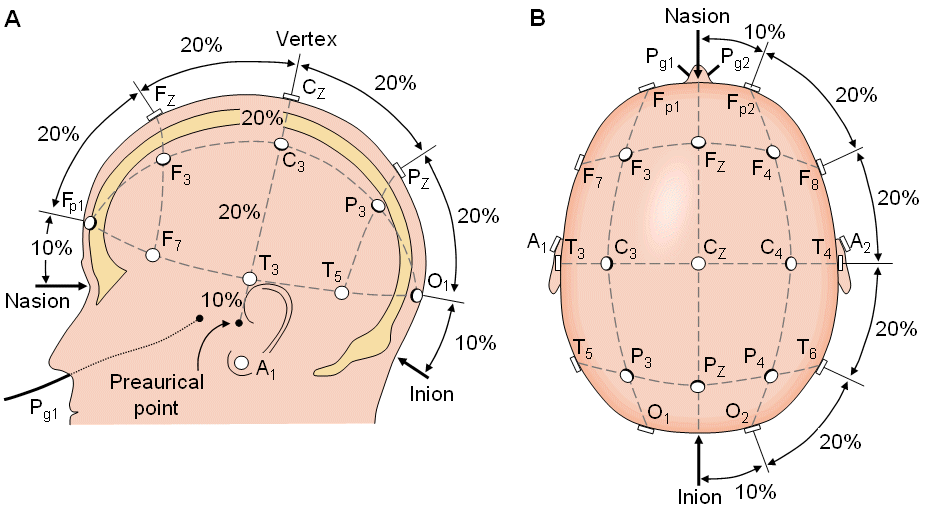Revealing the Secrets of the Mind Through Quantitative EEG Brain Mapping Techniques in Mental Health Evaluation
Revealing the Secrets of the Mind Through Quantitative EEG Brain Mapping Techniques in Mental Health Evaluation
Blog Article
Understanding the human mind is a complex endeavor, particularly when it comes to psychological health. Conventional methods of assessment often rely on conversations and surveys, which can occasionally miss important details about how the brain operates. This is where qEEG brainwave analysis, or qEEG, comes into play. qEEG is a specialized technique that measures neural signals in the brain. By analyzing these neural patterns, psychological health experts can gain valuable understandings into a individual's mental state, aiding to enhance diagnosis and treatment.
qEEG functions by applying small sensors on the scalp to capture neural activity. These sensors measure neural signals produced by neurons, the units in the cerebrum that communicate with one another. The information gathered is then analyzed and displayed as a series of patterns. Each type of brainwave—such as α, β, δ, and theta—corresponds to various psychological states and functions. For example, alpha waves are commonly linked with relaxation, while β oscillations are linked to active cognition and issue resolution. By examining these patterns, clinicians can detect irregularities that may indicate psychological health issues.
One of the significant advantages of qEEG is its capability to offer unbiased information. Unlike traditional assessments that rely on personal accounts from clients, qEEG offers a clear picture of brain activity. This clarity can assist minimize go biases in diagnosis and lead to more accurate treatment strategies. For example, if a client is facing stress, qEEG can reveal specific patterns of brain activity that are linked with stress conditions. This data enables mental health professionals to tailor interventions more effectively, whether it be through counseling, medication, or other approaches.
Additionally, qEEG can be especially beneficial in tracking intervention advancement. By performing qEEG evaluations at different points during therapy, clinicians can track changes in brain activity over time. This ongoing evaluation assists ascertain if a intervention is working or if modifications are required. For instance, if a patient is not responding to a particular treatment, qEEG may show that their brain activity has not changed in a way that indicates improvement. This feedback loop can lead to more personalized and effective psychological health treatment.
In summary, qEEG cerebral mapping is a potent instrument in the domain of psychological health assessment. By providing objective information about neural activity, it enhances the comprehension of various mental health conditions. This technique not only assists in accurate diagnosis but also helps in monitoring treatment effectiveness. As mental health experts continue to explore the potential of qEEG, it holds promise for improving the well-being of people dealing with mental health issues. With continuous investigation and progress in techniques, the secrets of the brain may turn clearer, leading to better outcomes for those in need of support.